(Page créée avec « The association Instituto Politecnico Tomas Katari - IPTK, created 42 years ago in Okuri, Bolivie, where the poverty index is the highest of the country, undertakes severa... ») |
(Page créée avec « More information on the IPTK: http://www.iptk.org.bo/?fbclid=IwAR2S0f4v10RIYjQ1euFHyWJmBTr55CB3kcEE2Q7KIV05xGEwDqrFEXaUHR8 ») |
||
| Ligne 101 : | Ligne 101 : | ||
|Notes=The association Instituto Politecnico Tomas Katari - IPTK, created 42 years ago in Okuri, Bolivie, where the poverty index is the highest of the country, undertakes several support and educational projects for rural communities in Bolivia. The construction of enhanced cookers is part of a wider Food Safety support program called MadreTierra. The IPTK helps familles become autonomous by growing their own food and having a balance diet. Thus, the IPTK builds organic orchards, teaches the families to obtain their own seeds (potato, corn, bean, onion), to grow their vegetables and incorporate them in their diet (carots, salad, parsley, oregano). A milking cow was given out to families who then learned to milk it manually and make cheese. Chicken were also donated for their egg, bringing proteins to the kids who were lacking of them. Beehives were installed ; the familles were taught to take care of them and retrieve honey in order to sell it but also to feed the queens and create new beehives. The association follows the familles during 3 years, involving many local interlocutors, and cares that their action is sustainable and thrives through time. | |Notes=The association Instituto Politecnico Tomas Katari - IPTK, created 42 years ago in Okuri, Bolivie, where the poverty index is the highest of the country, undertakes several support and educational projects for rural communities in Bolivia. The construction of enhanced cookers is part of a wider Food Safety support program called MadreTierra. The IPTK helps familles become autonomous by growing their own food and having a balance diet. Thus, the IPTK builds organic orchards, teaches the families to obtain their own seeds (potato, corn, bean, onion), to grow their vegetables and incorporate them in their diet (carots, salad, parsley, oregano). A milking cow was given out to families who then learned to milk it manually and make cheese. Chicken were also donated for their egg, bringing proteins to the kids who were lacking of them. Beehives were installed ; the familles were taught to take care of them and retrieve honey in order to sell it but also to feed the queens and create new beehives. The association follows the familles during 3 years, involving many local interlocutors, and cares that their action is sustainable and thrives through time. | ||
| − | + | More information on the IPTK: http://www.iptk.org.bo/?fbclid=IwAR2S0f4v10RIYjQ1euFHyWJmBTr55CB3kcEE2Q7KIV05xGEwDqrFEXaUHR8 | |
Le travail de l’IPTK nous a beaucoup plu, il ne s’agit pas simplement d’apporter un soutien matériel mais de réaliser une action durable : un réel transfert de savoir-faire est réalisé, permettant aux familles de devenir autonomes et indépendantes. | Le travail de l’IPTK nous a beaucoup plu, il ne s’agit pas simplement d’apporter un soutien matériel mais de réaliser une action durable : un réel transfert de savoir-faire est réalisé, permettant aux familles de devenir autonomes et indépendantes. | ||
Version du 4 février 2019 à 16:49
Description
Enhanced cooker or "cocina mejorada": how to build a kitchen using natural and local materials. These cookers contribute to improving health conditions of families living in rural areas in Bolivia.
Introduction
In the countryside around Sucre, Bolivia, women cook using wood fire. The smoke from the wood consumption leads to cough and lungs diseases. The wood is consumed more rapidly outdoors and, as they do not own any car, the families have to go and get the wood (leña) by foot which could be up to 3 hours away down the mountain.
The "enhanced cookers" or "cocinas mejoradas" are located inside, sheltered from rain and wind. They have a chimney which leads the smoke outside, improving health conditions of the women who cook and their family who do not breathe the smoke anymore. These cookers are more efficient and consume wood less rapidly. So, less ways to gather leña are necessary.
The association Instituto Politecnico Tomas Katari - IPTK of Sucre works with 14 communities around Pitantora in Bolivia in order to improve Food Safety of families living in rural areas. The association builds enhanced cookers for families but also teaches them to build them. The IPTK's support is sustainable through time thanks to a real knowledge transfer: the families who know how to build cocina mejorada can then help other familles build their own.
Advantages:
- Cheap because is made using local materials
- Health enhancement (smoke is led outside)
- Reduction of wood consumption
- Gain of time (more efficient cooking, less ways are required to get the wood)
Caution :
Cooking inside can lead to additional work: it was necessary to add windows to the houses made of Adobe -houses made of earth and straw- so that sun beams can light the room. (Before windows were not necessary as women cooked outside)
Disadvantages: The cocina mejorada is only adapted to the pots it was built for. If you change your pots, it should be necessary to adjust the size of the holes which let the heat pass through. If your new pot is smaller, you can try to fix it in the hole using rocks (so that it does not fall) but the cooking will be less efficient as the heat will escape between the rocks.
The cocina mejorada can be built within a day but it is previously necessary to let the donkey's dung ferment for 5 days.
Matériaux
- rocks
- clay
- salt
- pig hair
- donkey's dung which has previously fermented for 5 days in plastic tarpaulin
- straw
- water
- sheet metal / iron armatures for the chimney
Outils
- barrow, buckets
- shovel
Étape 1 - Mixture
The enhanced cookers are made using the following mixture:
- For 1 barrow of clay:
- 3 handfuls of straw
- 1kg of salt (for thermal storage)
- ½ handful of pig hair
- 5L (a half-bucket) of donkey's dung previsouly fermented for 5 days in plastic.
- Add water until obtaining a wet mixture but which is not liquid (like a dough, not too wet, not too dry)
Étape 2 - Basis
Build the basis by stacking rocks and using the mixture as a cement.
Adjust the height at your convenience.
Étape 3 - Cooker
To build the roof, stack rocks which, once removed, will give the roof its shape. (number 1 on the corresponding graph).
Build the cooker by spreading the mixture all around the rock heap (2).
On the roof, dig holes which have the dimension of your pots. (3).
Once the mixture is dried, remove the rocks one by one (4).
Étape 4 - Chimney
The chimney should lead the smoke outside the house.
It could be built using sheet metal (best option) or using Adobe (mixture of earth and straw). For the adobe constructions, the chimney should be reinforced using iron armatures.
Notes et références
The association Instituto Politecnico Tomas Katari - IPTK, created 42 years ago in Okuri, Bolivie, where the poverty index is the highest of the country, undertakes several support and educational projects for rural communities in Bolivia. The construction of enhanced cookers is part of a wider Food Safety support program called MadreTierra. The IPTK helps familles become autonomous by growing their own food and having a balance diet. Thus, the IPTK builds organic orchards, teaches the families to obtain their own seeds (potato, corn, bean, onion), to grow their vegetables and incorporate them in their diet (carots, salad, parsley, oregano). A milking cow was given out to families who then learned to milk it manually and make cheese. Chicken were also donated for their egg, bringing proteins to the kids who were lacking of them. Beehives were installed ; the familles were taught to take care of them and retrieve honey in order to sell it but also to feed the queens and create new beehives. The association follows the familles during 3 years, involving many local interlocutors, and cares that their action is sustainable and thrives through time.
More information on the IPTK: http://www.iptk.org.bo/?fbclid=IwAR2S0f4v10RIYjQ1euFHyWJmBTr55CB3kcEE2Q7KIV05xGEwDqrFEXaUHR8
Le travail de l’IPTK nous a beaucoup plu, il ne s’agit pas simplement d’apporter un soutien matériel mais de réaliser une action durable : un réel transfert de savoir-faire est réalisé, permettant aux familles de devenir autonomes et indépendantes.
Un grand merci à Alejandro et Claudio de l’IPTK pour leur accueil chaleureux et de nous avoir partagé leur travail !
Nous sommes deux étudiantes en exploration de Low Tech en Amérique du Sud, pour suivre nos découvertes, c'est par ici : https://www.facebook.com/LAtelierLowTech/.
Published
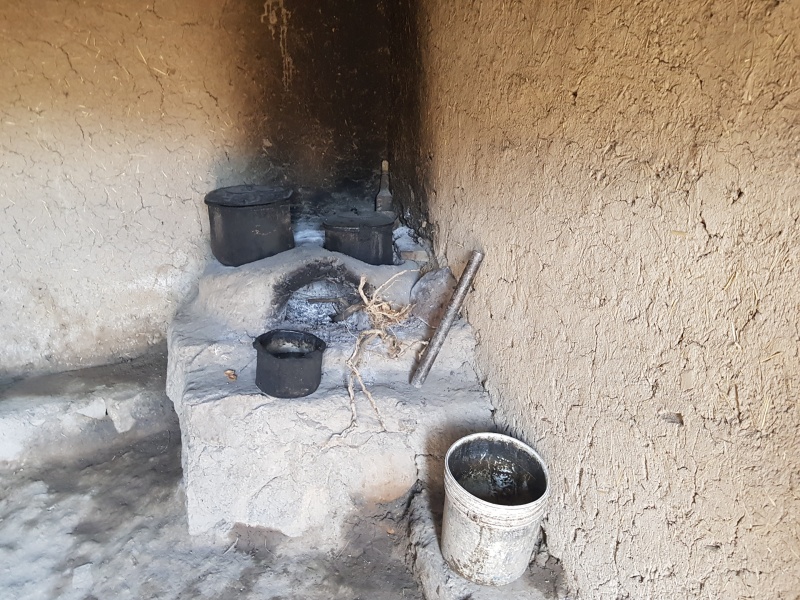
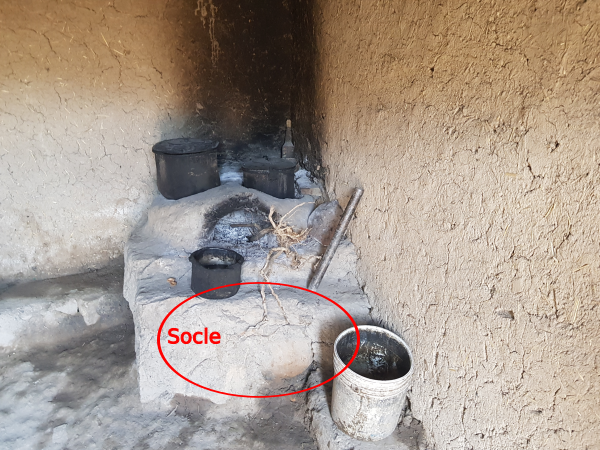
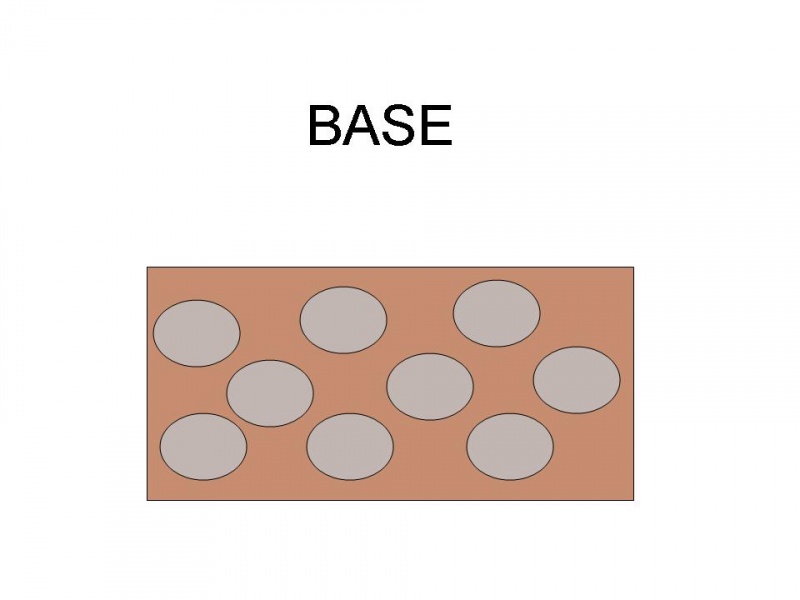
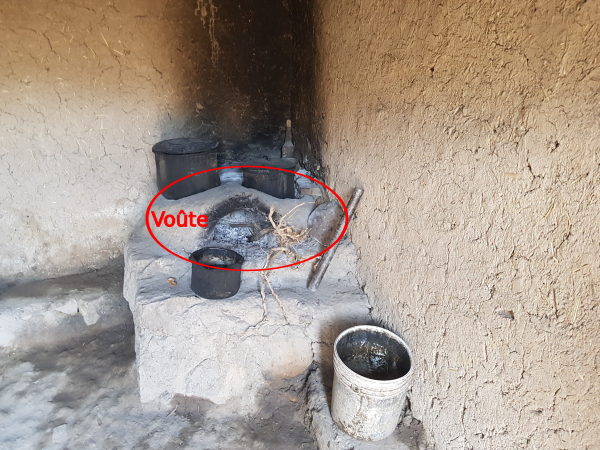
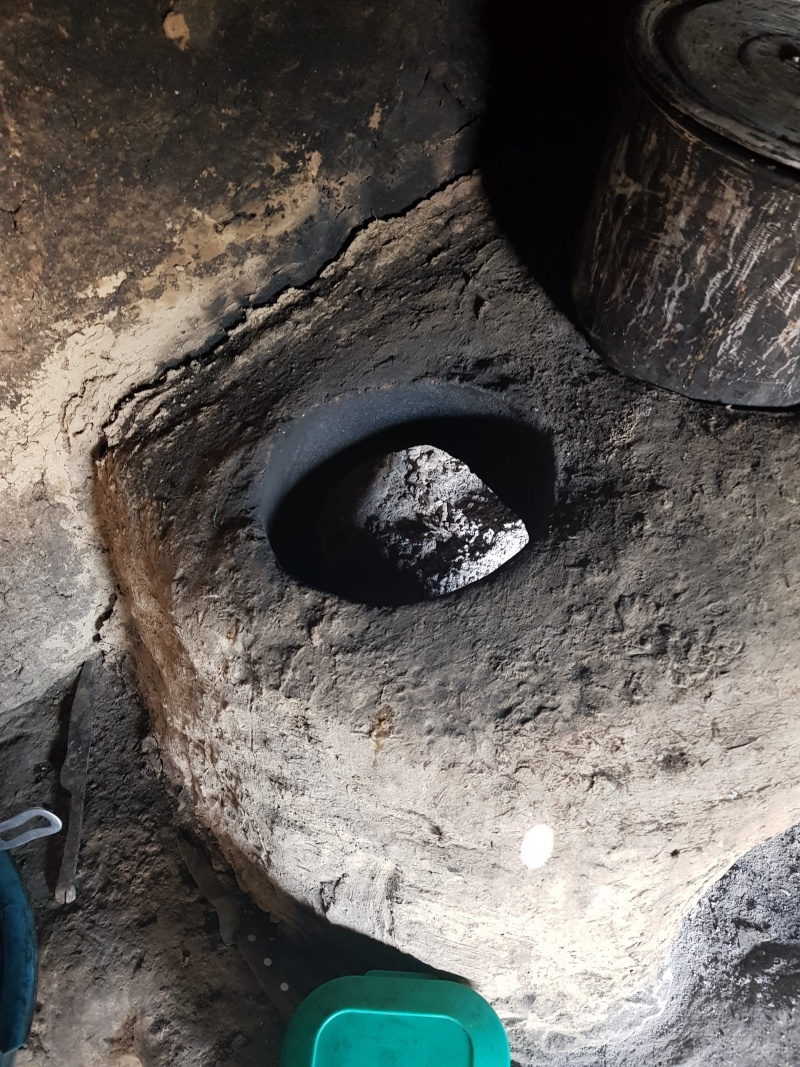
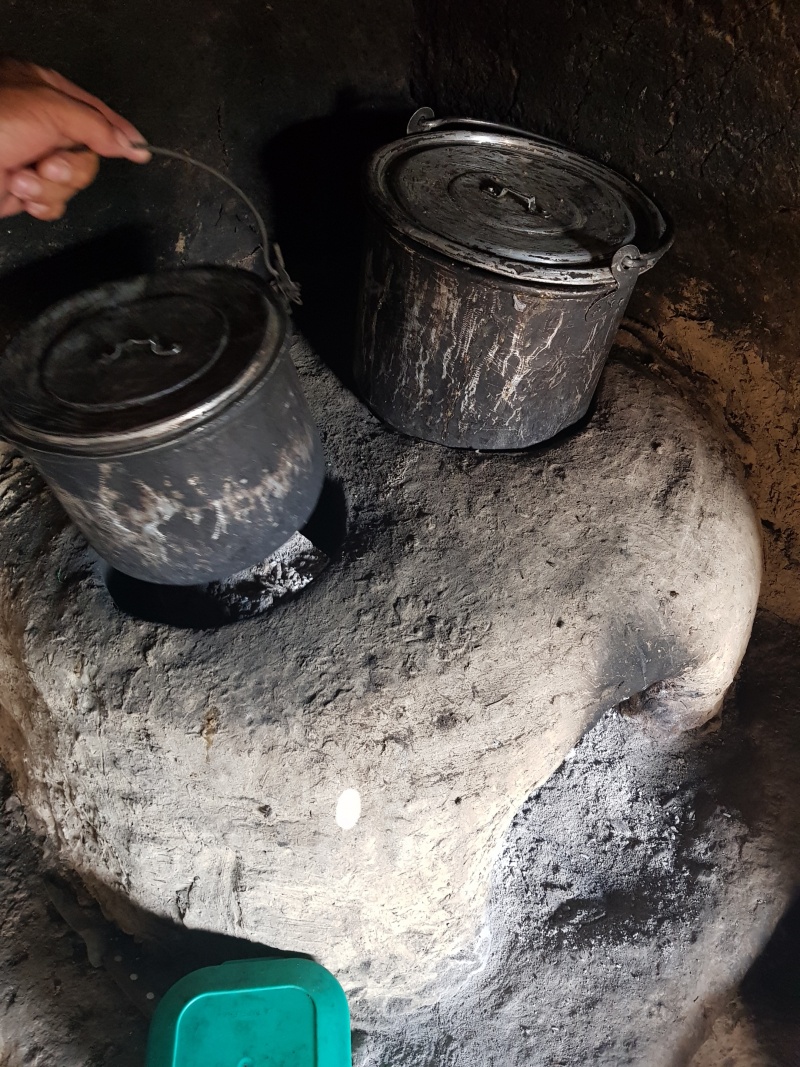
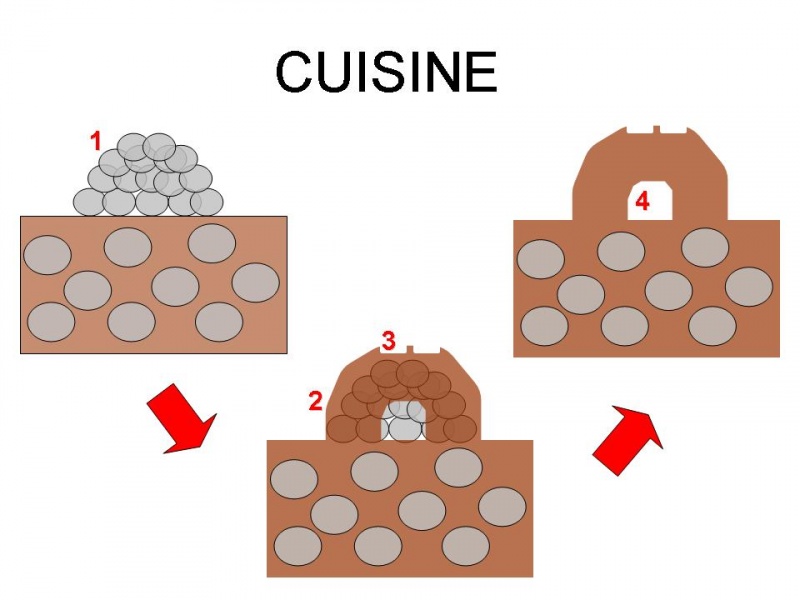
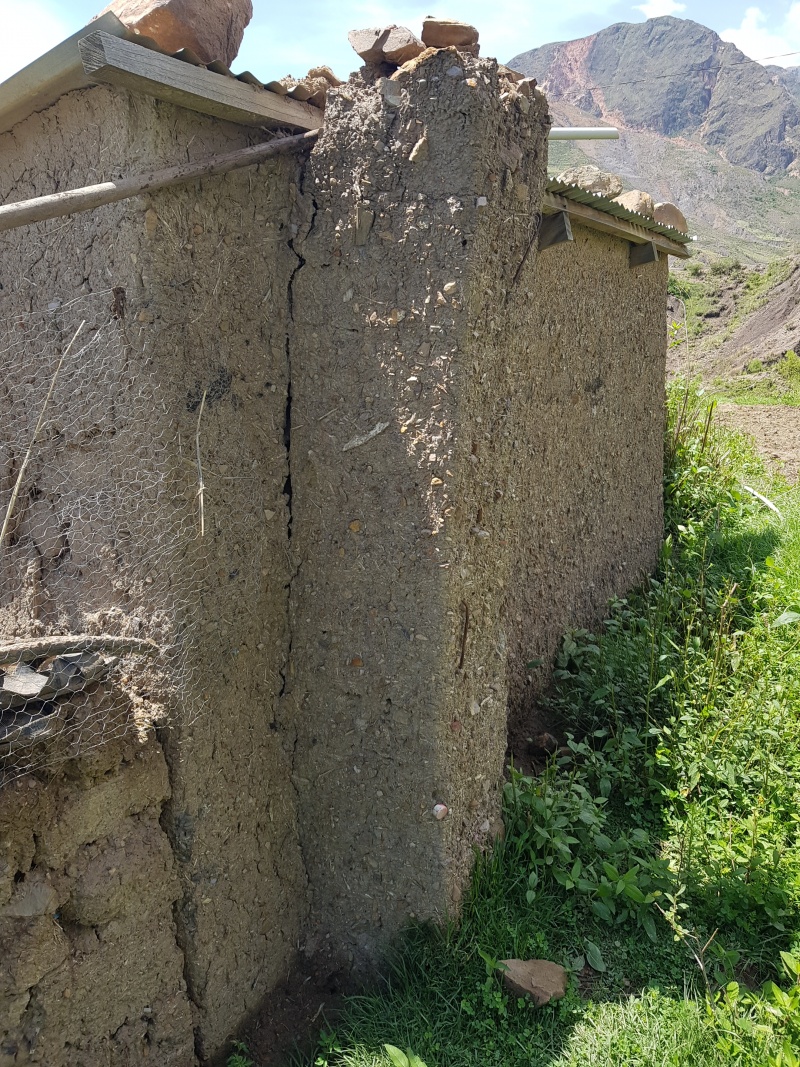
 Français
Français English
English Deutsch
Deutsch Español
Español Italiano
Italiano Português
Português